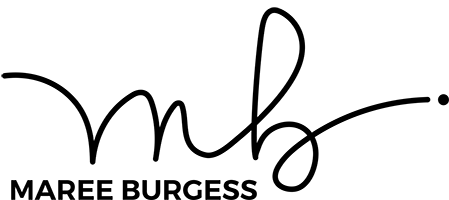
Self-awareness: Are you limiting yourself in your interactions with others?
Increasing self-awareness helps you to identify your strengths and weaknesses that in turn leads to an ability to continue to grow and develop. Low confidence is often created from a person’s lack of self-awareness. The more aware we are of ourselves: our strengths; our weaknesses; and our impact on others, the more opportunity and flexibility we have to change.
Have self-awareness is like becoming clear sighted (perhaps with new glasses) after having blurry vision for years. Suddenly things become clear and you have a different perspective.
Daniel Goleman describes self-awareness as ‘our ability to understand our personal moods, emotions and drives, as well as their effect on others. High self-awareness creates self-confidence, the ability to self-assess, and the ability to laugh at ourselves. When we are self-aware, we monitor our emotional state and can correctly identify and name our emotions. We have a strong understanding of who we are’.
The higher our self-awareness, the better our understanding of where we add value and how we impact others.
Conversely, lack of self-awareness can lead to low confidence and a misunderstanding of our strengths and values.
If I know who I am and I know who you are, then we can communicate. Having an understanding of what makes me tick and what makes you tick helps in all sorts of interactions we have together: working together, negotiating, influencing, building high performance teams. Awareness gives me choice in how I interact with you to create the best outcomes.
How can we strengthen our self-awareness and awareness of others to create that same feeling in others when we interact? How do we make them feel that we really ‘see’ them? By being:
- Resourceful. This means having a state of mind that is useful for the interaction we are having and includes thoughts, emotions, and physiology (including breathing and posture), all expressed in the moment.
- Perceptual. This means being able to perceive others as well as ourselves (walk in their shoes as well as our own).
- Behaviourally flexible. This means that we have the ability to secure a response from another person by varying our own behaviour. It means we have a range of responses to any given situation rather than having the same habitual, and therefore limiting, response.
My questions are:
- Have you ever been aware of stepping into another’s shoes?
- Think about someone you have a difficult relationship with. How are you currently responding and how could you respond differently to create a more constructive relationship?
- Have there been moments when it would have been useful for you to have access to a more resourceful state?

